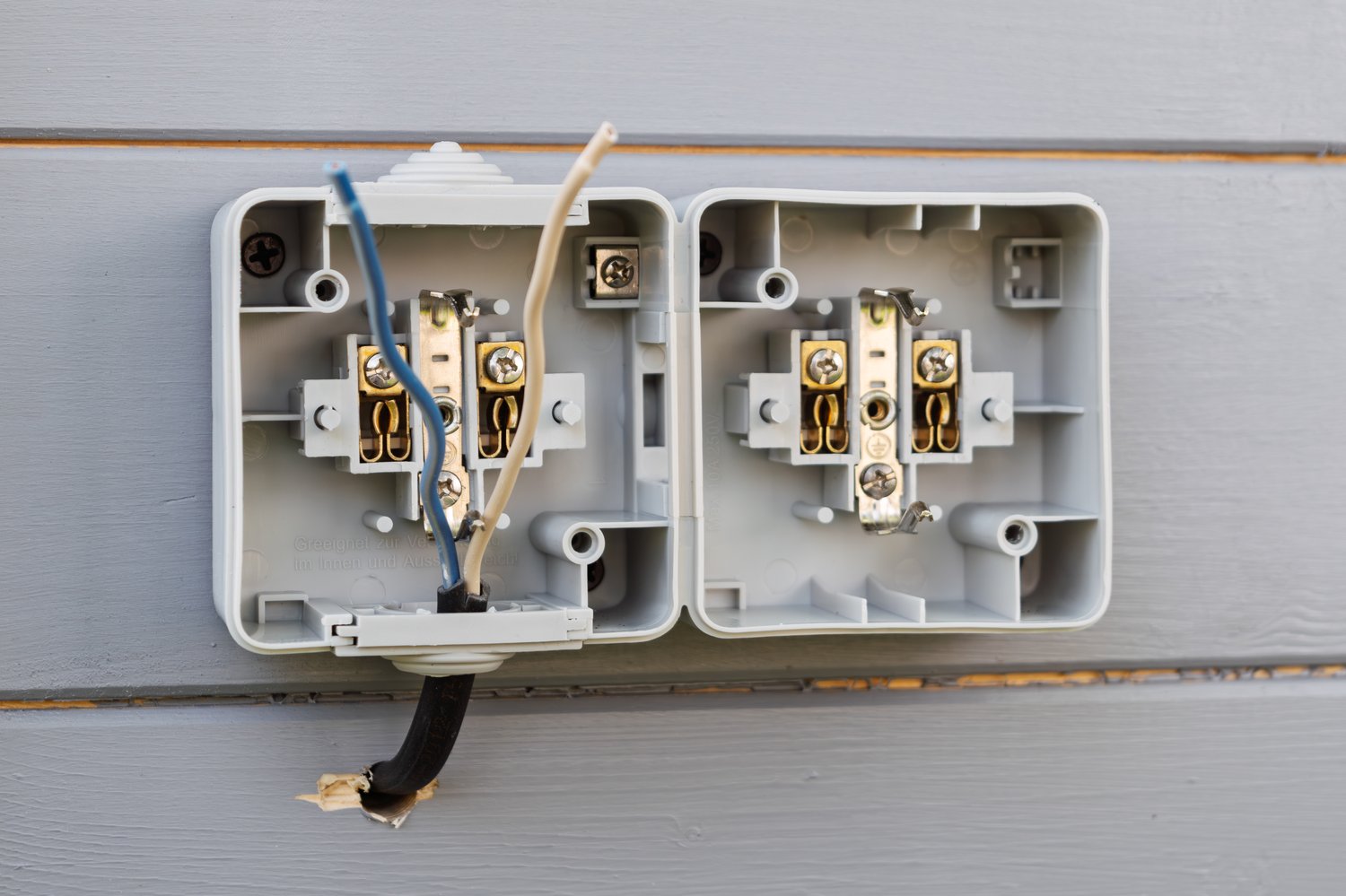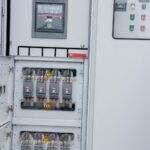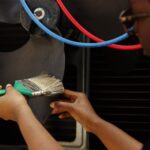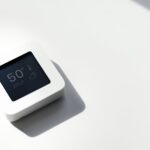When it comes to enjoying a warm swim in your pool year-round, properly wiring your electric pool heater is key not just for comfort, but for safety and efficiency. Understanding the nuances of electrical codes and the intricacies of the installation process ensures you won’t hit any bumps along the way.
- Discover the critical national and local electrical codes that dictate safe installation of electric pool heaters.
- Learn how to select the right wiring and circuit breakers to handle your pool heater’s power needs efficiently.
- Follow a step-by-step installation guide designed to help you achieve a professional and secure setup.
By delving into the vital safety requirements and precise installation steps, you’ll be equipped to enhance your pool experience safely and efficiently. Whether you’re a seasoned professional or new to electrical installations, this guide is your gateway to mastering electric pool heater wiring.
Understanding Electrical Codes: Electric Pool Heater Wiring and Safety Requirements
Ensuring the safety and legality of your electric pool heater installation begins with a thorough understanding of the relevant electrical codes. Adhering to both national and local electrical codes is imperative, as these guidelines are designed to protect you and your property from electrical hazards.
The National Electrical Code (NEC) sets forth regulations for the safe installation of electrical wiring and equipment in the United States. Depending on where you live, local building codes may add further specifications tailored to your region’s needs. Make it a priority to consult with local authorities or professional electricians to ascertain the specific requirements applicable to your area.
Electrical codes often include stipulations concerning the type and size of wiring, the installation process, and proper grounding techniques for electric pool heater systems. Familiarize yourself with these elements to avoid common pitfalls and ensure a compliant setup. Proper adherence will not only provide peace of mind but also mitigate costly repairs or legal ramifications in the future.
Selecting the Right Wiring and Circuit Breakers for Pool Heaters
When wiring an electric pool heater, selecting the correct wiring and circuit breakers is essential for sustainable operation and to prevent electrical overloads.
First and foremost, ensure that the wiring you choose can handle the power demands of your pool heater. Look for wiring with an adequate amperage rating that matches the specifications of your heater. The size of the wiring plays a crucial role in delivering consistent power flow without overheating or causing electrical faults.
Circuit breakers are equally critical components. They interrupt the power supply in cases of electrical overload, protecting your equipment and household circuits. Choose a circuit breaker sized appropriately for your pool heater’s wattage and amperage requirements to enhance safety and efficiency.
Incorporating these considerations ensures a smooth integration of your pool heater into your home’s electrical system. Proper wiring and circuit breaker selection not only support optimal performance but also contribute significantly to the long-term reliability of your pool heating solution.
Step-by-Step Installation Guide: Electric Pool Heater Wiring and Implementation
Installing an electric pool heater requires careful attention to detail and adherence to safety protocols. Follow this step-by-step guide to ensure a successful and safe installation of your electric pool heater wiring.
First, turn off the main power supply to ensure a safe working environment. It’s crucial to begin any electric pool heater installation by cutting off electricity to prevent accidents or injuries.
Next, choose the appropriate wire type as specified in your heater’s manual. Typically, copper wires are recommended for their excellent conductivity and durability. Ensure the wire gauge matches the current demand of the pool heater to prevent overheating.
When ready, install the dedicated circuit breaker. The breaker should be compatible with the heater’s electrical requirements and installed within the main electrical panel. It’s advisable to consult a professional for this crucial step to ensure compliance with local codes.
Position the electric pool heater near the pool pump for optimal efficiency. Mount it securely following the manufacturer’s guidelines. This not only ensures effective heating but also improves the longevity of the unit.
Proceed to connect the wiring to the pool heater. Carefully strip the wires and connect them according to the manual’s diagram, ensuring tight and secure connections. Double-check the connections to prevent loose wiring which could lead to future issues.
After connections, ground the heater properly. A good grounding system is essential for safely dissipating electrical faults and maintaining system integrity.
Before finalizing the installation, conduct a test run. Restore the power supply and monitor the heater’s operation to confirm everything is functioning correctly. Check for any unusual sounds or issues during this phase.
If you’re uncertain at any step, don’t hesitate to consult a professional electrician. They can verify the installation, ensuring all safety and operational standards are met.
By following this guide, your electric pool heater will be set up securely, offering efficient performance for your pool enjoyment.
Frequently Asked Questions: Electric Pool Heater Wiring
What are the key safety regulations for electric pool heater wiring?
Ensure compliance with national and local electrical codes to guarantee a safe installation.
How do I choose the right circuit breaker for my pool heater?
Select a circuit breaker that can handle the power demands of your specific pool heater model.
Which types of wiring are recommended for pool heaters?
Use wiring that matches the heater’s voltage and current ratings to prevent overloads and enhance efficiency.
Can I install an electric pool heater by myself?
While it’s possible, consulting a professional ensures optimal installation and safety compliance.
What should I do if I face issues during the installation?
- Verify connections against the installation guide.
- Consult with a licensed electrician if problems persist.





